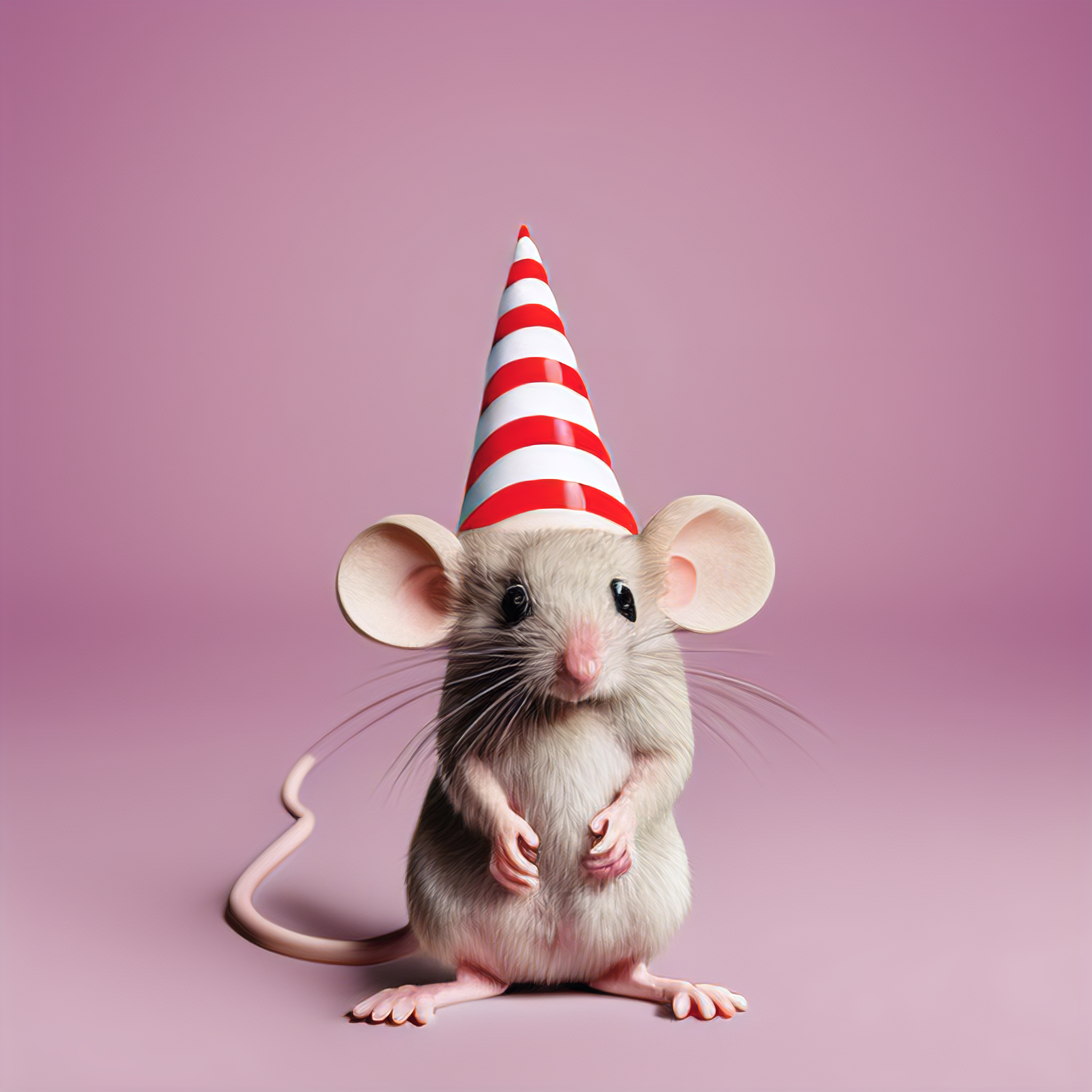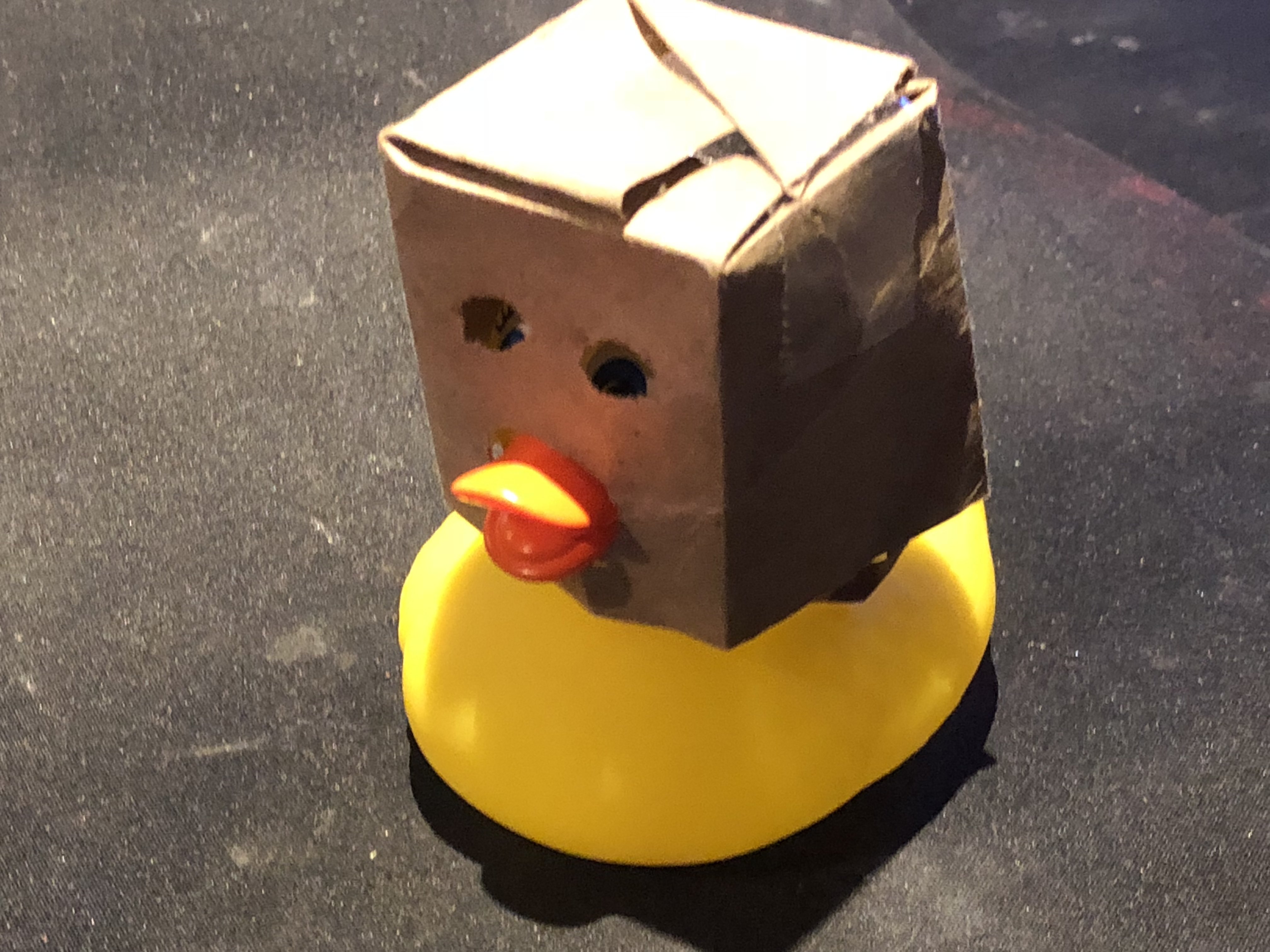Like it or not, who paid for the study, and who stands to benefit are just as important as the study results. I’ve even seen study results where the data itself shows the opposite of the conclusions of the study. Thank you for reading this far, now come to my secret volcano lair and give me all your money.
There’s entire governmental office for wasting money brains and time on this shit https://en.m.wikipedia.org/wiki/Ministry_of_Ayush
and why do you ask, this is Modi’s doing
The Washington Post noted the efforts behind the revival of ayurveda as a part of the ruling party’s rhetoric of restoring India’s past glory to achieve prosperity in the future.[4]
nationalists and pseudoscience, name a more iconic duo
Turmeric is great… in a curry
What is it?
https://en.wikipedia.org/wiki/Turmeric
Almost all plants have some effect on the body; some people think that this one is particularly powerful.
Also, there’s the placebo effect; if you think something is good for you it can actually help, even if it’s just a sugar pill.
The placebo effect doesn’t help. It’s just noise in the data collection process. It’s particularly problematic with human trials that rely on subjective evidence. Humans have a bias that actions have effects, even when they don’t (gamblers blowing on dice, wishing on a star etc).
Any intervention will have people think that the outcome has changed because of the intervention. This doesn’t mean the placebo effect helped, it just altered the recorded outcome. If it was a device was used to make the measurement, rather than human opinion, we just call it noise/error.
It’s a common misconception that the placebo effect does something. It does nothing other than artificially increase subjective measurements. Placebo effect is stronger in very subjective medical conditions such as pain, shiny packaging and brand names are reported to provide greater pain relief. Such medicines are so tightly regulated the formulation and supply leaves very little opportunity for medicines to actually have an effect. You don’t see the same effect when it comes to reducing the size of cancer tumours or altering directly measurable quantities.
Doctors aren’t allowed to prescribe placebos in the UK. Because it’s dangerous and a source of corruption. Such as King Charles selling homeopathic services to the NHS. Doctors do recommend such services, they do this primarily to dismiss patients and their issues.
As pain is aubjective. The subject believing their pain to be improved is an effect.
For a lot of medical science now, we look not only at medical outcomes but patient perceived outcomes.
Scientists are great at quantifying outcomes and risk evaluation mathematically. People are bad at using that data to decide on treatment, so depend on healthcare professionals to guide them. The communication skills of the healthcare provider are just as important as their clinical skill in many cases. In some cases, even more so.
If someone is happier with their objectively worse outcome, which is the better outcome?
otoh, plenty of folks wear copper bracelets or drink a little apple cider vinegar in the morning without baleful results.
You’re correct, a placebo isn’t a cure, but if it helps someone think they are healthier without causing damage, why not?
edit = to be explicit I mean things that people use that aren’t expensive or dangerous.
Well, because it financially supports scammers preying on people is why not. And many medical scams aren’t harmless or innocent or may give people a false sense of wellness that can lead to them avoiding real medicine.
These are and can be dangerous.
Scam artists use it to exploit people. They also stop people seeking proper care.
Just because people are foolish, doesn’t mean they deserve to be defrauded.
Is there somewhere I can read more about this in non technical terms? I never knew that about the placebo effect.
The intro to the Wikipedia article on placebo is quite good. Lots of easily accessible sources often misrepresent the placebo effect. The Wikipedia article does suggest placebo effect improves pain response, but it does say perceived.
If someone says something uses the placebo effect it means it doesn’t work. They may not know that. But a placebo response is our measure for medical treatments that don’t work.
When people say the placebo effect works it’s like a microwave that doesn’t heat food. People hear the ding and tell you the food does feel warmer. The perception is that the broken microwave heats food, but the food isn’t any warmer. We avoid this issue in science by making measurements, but for fields like medicine we often rely on people saying how they feel. This is how the placebo effect corrupts medical studies. People are very unreliable. They also often want to be polite and say they had a positive effect from the treatment. This is doubly so for people that volunteer or buy these types of herbal treatments. They think only idiots would buy or take these things that don’t work, I’m not an idiot so the treatment must be working.
Haribo has built itself around that idea, sugar pill cures my depression
I never shoveled candy in my mouth until I moved to the UK and found Haribo Strawberries and now I’m am addict. :(
A spice used in Indian cuisine. It’s intensely yellow due to curcumin, a compound that has miraculous property of causing false positives in about any cell assay (ie it seems like it does something, but really it decomposes/is fluorescent/damages cell wall/clumps up/pulls metal ions where they shouldn’t be/forms hydrogen peroxide where it shouldn’t be, all of which can look like some kind of activity when looking at cells, but it is not so)
Also it’s completely insoluble in water and shredded by liver in minutes, so it’s physically impossible for it to be active in vivo (can’t do shit if it’s not there). It’s great for churning out bad science tho
It is used in ayurveda, and some proponents of ayurveda want to prove that it cures literally everything, and its behaviour in cell assays makes it seem so at least as long as you don’t look too closely
I’d say it’s worse than placebo, because it’s known by now that nothing of that shit has any chance to work yet there are still clinical trials with it. This takes away resources from things that have a better shot at working which imo makes it pretty unethical
calling it a spice feels generous, it’s yellow food colouring powder.
sure technically it affects flavour but so does eating out of a different bowl…
I once severely misjudged the amount needed I’m some rice I made. I can assure you, it does have flavour.
i mean you said it yourself, you need to use waaaaay more to taste anything.
in the quantities normally used it’s just yellow powder.
Turmeric root has some decent flavor, but the dried spice is pretty bland beyond its smell. Same with ginger or galangal.
A spice used in a lot of Indian cooking. Probably elsewhere too. It’s brownish-orange and tasty.
Does turmeric need to be a miraculous panacea? Isn’t it enough that it’s delicious?
I’m sure the chance at getting some with high lead content makes it taste even better.
I’d greatly appreciate a miraculous panacea for my rheumatoid arthritis, especially one available at turmeric’s price point. I’ve gone through a gamut of biologics that my immune system builds resistance against. Rinvoq’s doing pretty good at taking the edge off currently, but I still flare up if triggered. It’s also running a $6,000 wholesale a month… thank [deity] for insurance and copay assistance.
Delicious food is great, but alleviating my pain and fatigue during an RA flare? Manna from heaven.
Yes. It needs to cure my cancer and give me a massage or I refuse to eat it.
mandatory quick recap on PAINS https://www.science.org/content/blog-post/curcumin-will-waste-your-time
From the name, I would have assumed that curcumin is in Kurkuma, not in Turmeric
Kurkuma/curcuma is the name of this plant in latin, french, german, spanish, slavic languages, arabic and few others, it’s the english who named it weird (it’s zerdeçal in turkish, similar in some turkic languages and haldi or similar in some languages of india)
Reminds me of this website happily reporting that you should eat curcuma because curcumin was shown (?) to be a possible cellular anti-proliferating… 🤦
So, yummy chemotherapy powder?
If it kills your cells, it can’t be bad, right?
If you eat enough tumeric, would you turn yellow? 🤔
maybe if it causes liver failure, but it won’t even get into blood so unlikely
if you get around that, then yeah liver failure cases happened
Importantly, means of increasing the bioavailability of curcumin were developed using piperine (black pepper) or nanoparticle delivery methods to increase absorption. These high bioavailability forms of turmeric were subsequently linked to several cases of liver injury and mentioned as a possible cause of outbreaks of acute hepatitis with jaundice in Italy.
https://www.ncbi.nlm.nih.gov/books/NBK548561/ https://pubmed.ncbi.nlm.nih.gov/36252717/
Don’t let your dreams be memes.
Calm down, Roark Junior…
I thought this was going to be about turmeric’s lead contamination problem…
Not true:
https://www.sciencedirect.com/science/article/pii/S0165032714003620
https://www.cghjournal.org/article/S1542-3565(06)00800-7/fulltext
I found more, too.
Edit: I have no skin in this game. I don’t take turmeric and won’t ever because of the risk of lead. I’m just pointing out that the meme is inaccurate. The person who replied to me pointed out some flaws in the first study (not the second), but none of the flaws mentioned makes the meme accurate. Even the shitty first study I linked found a significant condition difference in its primary endpoint at 8 weeks. Yeah, it’s got flaws (which the second doesn’t), but a successful trial with heavy limitations and conflicts of interest is nonetheless a successful trial, making this meme inaccurate. The second study I linked is stronger.
Also, the limitations in the first trial are standard for many clinical trials. For example:
https://onlinelibrary.wiley.com/doi/abs/10.1111/jsr.12201
https://www.sciencedirect.com/science/article/pii/S0924977X14001266
I could list 100 more with the same limitations of the first study I linked above. High dropout, small sample sizes, funding by an industry with a conflict of interest etc. are standard for clinical trial studies.
This study is absolutely terrible.
The study found no differences in the first four weeks. More than 10% dropped out during the study. The study was too small a sample to draw any serious conclusions from. The conclusions they did draw from were a subsample of people they declared treatment resistant. They even say in the paper their isn’t enough data to suggest their was any benefit, just not forcefully enough. Just enough to make low information readers think the study was successful.
This study was done in response to two other studies. One which showed no benefit another that suggested a benefit, but the study lacked a control group. So no meaningful conclusion could be drawn.
Finally the researchers were funded by ‘health supplement’ groups.
I’m not saying the study is good, just that the meme isn’t true.
Also, you can level almost every single one of those criticisms against many studies for SSRIs and they’d hit just as hard. The exception being sample size.
The evidence is much better for SSRI, and it isn’t great, but the referred paper even points out that the curriculum wasn’t as effective as an SSRI.
The meme remains true, no proper or valid studies exist. The existence of a paper doesn’t prove that, the paper is self addresses it wasn’t a proper study. They just did it in a dishonest way.
Why are you completely ignoring the second paper I linked, which doesn’t suffer from any of the limitations you mentioned?
The meme says no trial was successful. Any trial with any small difference is a successful trial.
I didnt bother reading the second since the first was blatantly misleading.
The second looks like they’re trying to p hack hack their way to a result.
They also have more relapses in the curicumin group in the second 6 month period than the control group. They also have enough people leaving the control group to cause a shift in their p value to make their results insignificant.
The second papers findings are weak and they aren’t very robust.
Sorry, but this makes clear that you aren’t in science. You should avoid trying to shit on studies if you don’t know how to interpret them. Both of the things you mentioned actually support the existence of a true effect.
First, if the treatment has an effect, you would expect a greater rate of relapse after the treatment is removed, provided that it treats a more final pathway rather than the cause: People in the placebo group have already been relapsing at the typical rate, and people receiving treatment–whose disease has been ramping up behind the dam of a medication preventing it from showing–are then expected to relapse at a higher rate after treatment is removed. The second sixth-month period was after cessation of the curcumin or place; it was a follow-up for treatment-as-usual.
Second, people drop out of a study nonrandomly for two main reasons: side effects and perceived lack of treatment efficacy. The placebo doesn’t have side effects, so when you have a greater rate of dropout in your placebo group, that implies the perceived treatment efficacy was lower. In other words, the worst placebo participants are likely the extra dropouts in that group, and including them would not only provide more degrees of freedom, it would theoretically strengthen the effect.
This is basic clinical trials research knowledge.
Again, I have no skin in the game here. I don’t take curcumin, nor would I ever. I do care about accurate depictions of research. I’m a STEM professor at an R1 with three active federal grants funding my research. The meme is inaccurate.
Thanks for trying to be rational and educated. It won’t appreciated by many, but thanks.
Tumeric works well for staph. So does eating ethanol based hand sanitizer, or high proof Everclear. People will hate me for saying that.
deleted by creator
deleted by creator
My final experiment was on curcuma lmao
Result?
We just tried to find the quantity of curcuminoids in curcuma if it was boiled before being turned into powder compared to not being boiled.
We tried to use the HPLC, but it seems that our samplesclogged the column. So we failed 😅.
For our abstract, we did look at other studies on the supposed benefits of curcuma, but none of them were rigorous enough to say that there is a benefit (for example, one study informed the people being tested if they got curcuma or anotherantiinflammatory medicine, which already biases the results)
did you unclog the column or does lab has to eat up few thousand dollar loss
We unclogged the column, but since it was clogging it up for each sample and it’s quite damaging to the column, we decided to stop. Our budget was quite tight, since this was a school project.
jeez dude are you using some pretreatment
Idk what pretreatment really entails, but we did dilute it, if that counts 😅
All HPLC samples that i do, before putting them on column i filter them through short layer of silica to separate all the insoluble and entirely too polar crap
Additionally there’s also short guard column before main column, so if something goes really fucking wrong it’s the 2cm guard column that is to be replaced and not the 20cm main one
I work mostly with NP-HPLC so your situation might be a bit different, but the general principle is there
My favorite curry has turmeric and it’s even better than chicken soup for colds.
Okay, I just don’t like chicken soup and it’s not the turmeric.
Turmeric is the best thing for my tendonitis to almost a miraculous degree. Take that for what it is worth.
Same. Suffered from chronic tendonitis in my shoulders. Cortisone shots helped tremendously but it kept coming back once I resumed lifting. 11 months off lifting and it immediately returned once I resumed and thought I was going to have to give up lifting altogether.
Read some studies about Tumeric and thought… what the heck, easy and cheap enough to try it out. Absolutely unexpected results taking 1000mg daily. Tendonitis gone and hasn’t returned after years now of constant heavy lifting. New PRs and blood work show extremely low inflammation (c reactive protein).
Later found our my friend, a house cleaner, thought she was going to have to retire early because of arthritis in her hands and she couldn’t afford to. She too tried it with low expectations but she swears by it like I do.
Maybe it doesn’t work for everyone and maybe they’ll figure out why someday… I don’t know. It’s absolutely changed my life though. Simple and fairly inexpensive, and for me at least it works.













